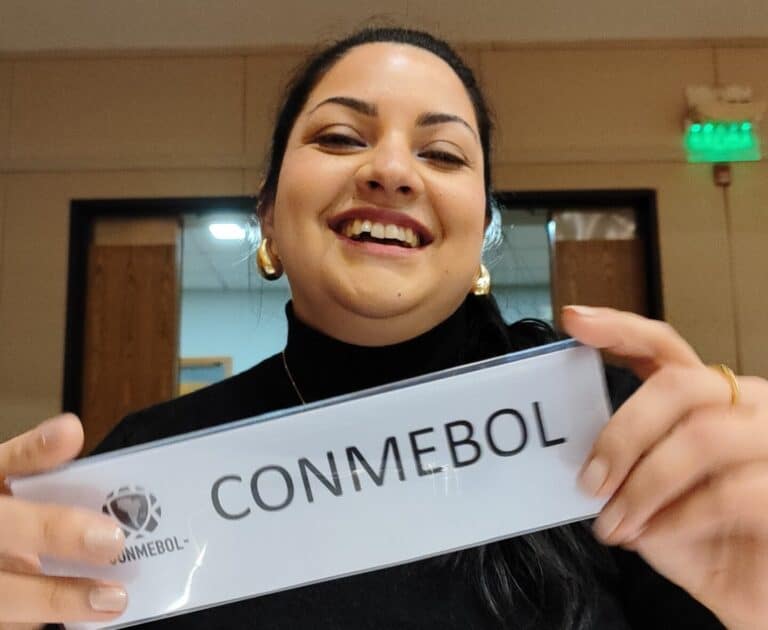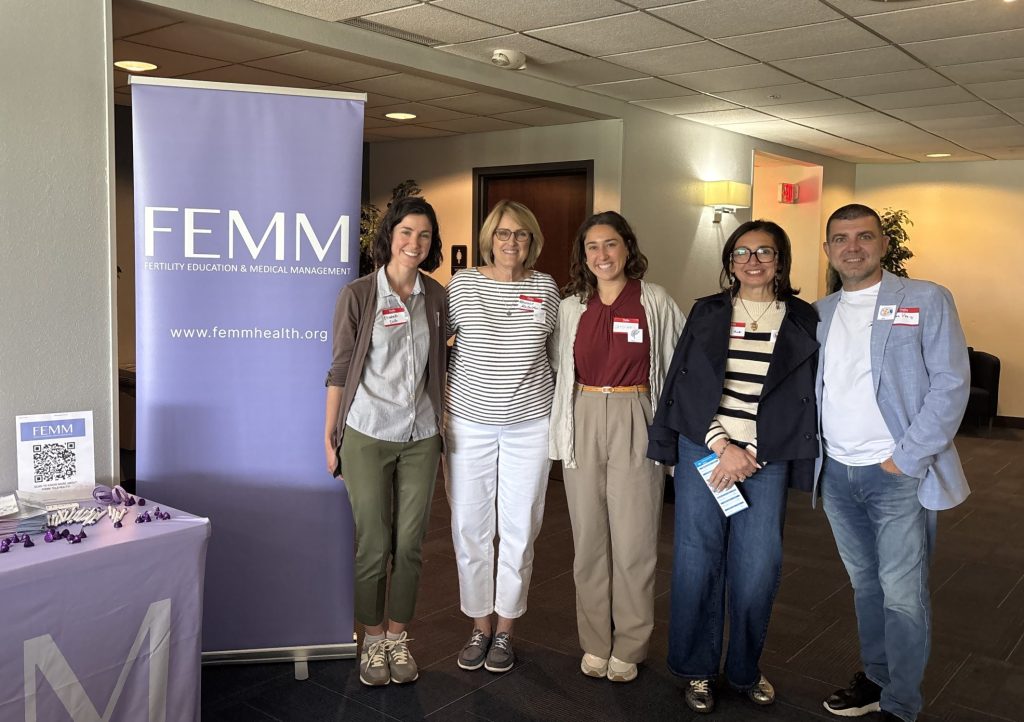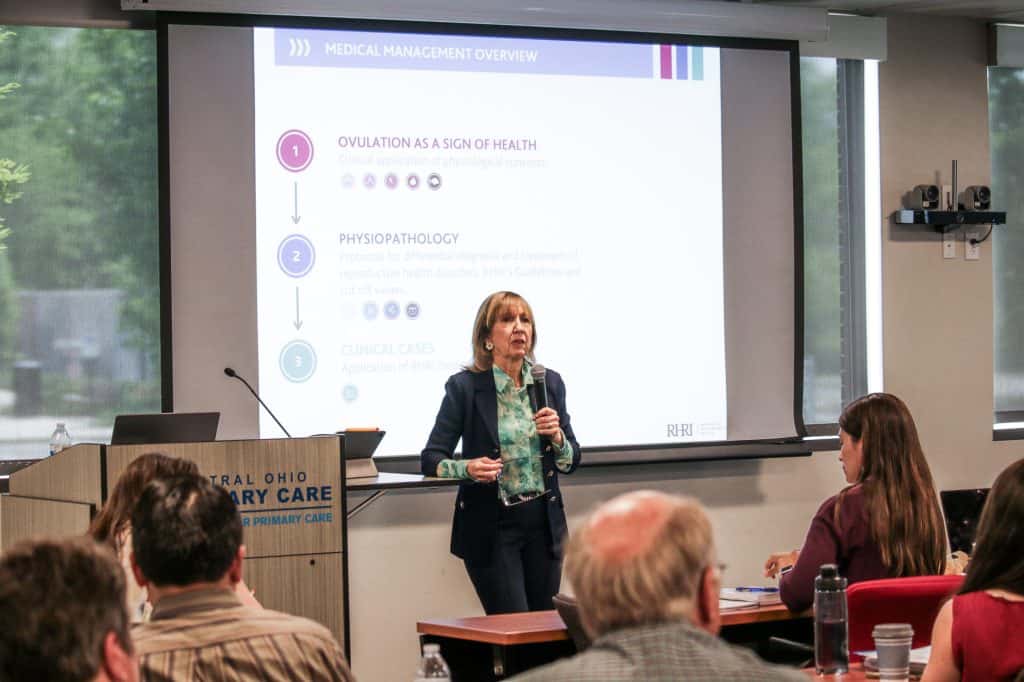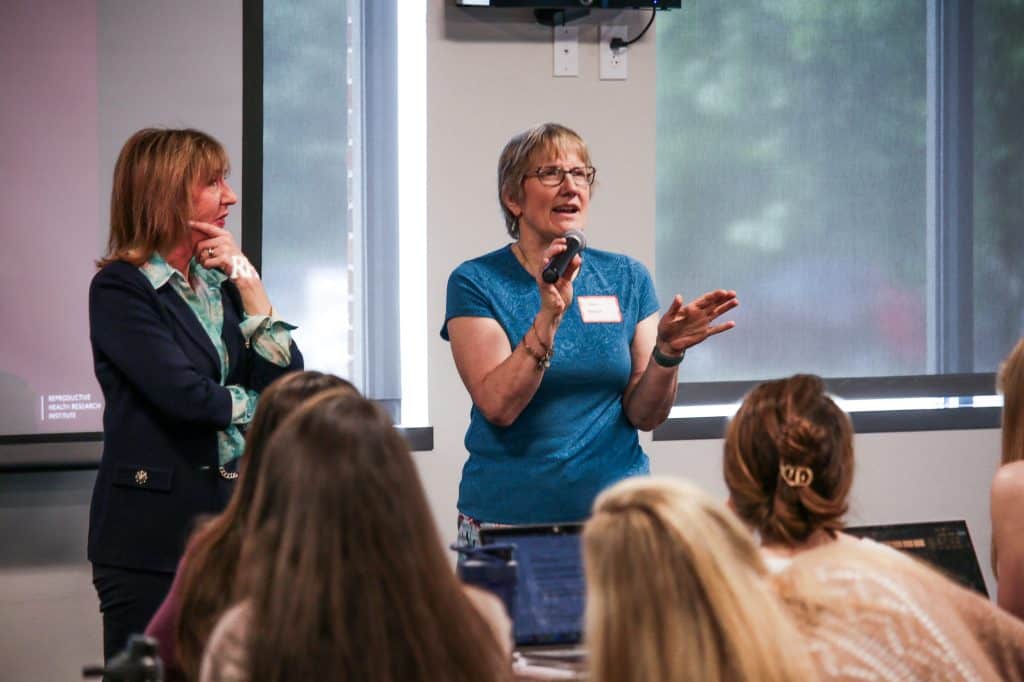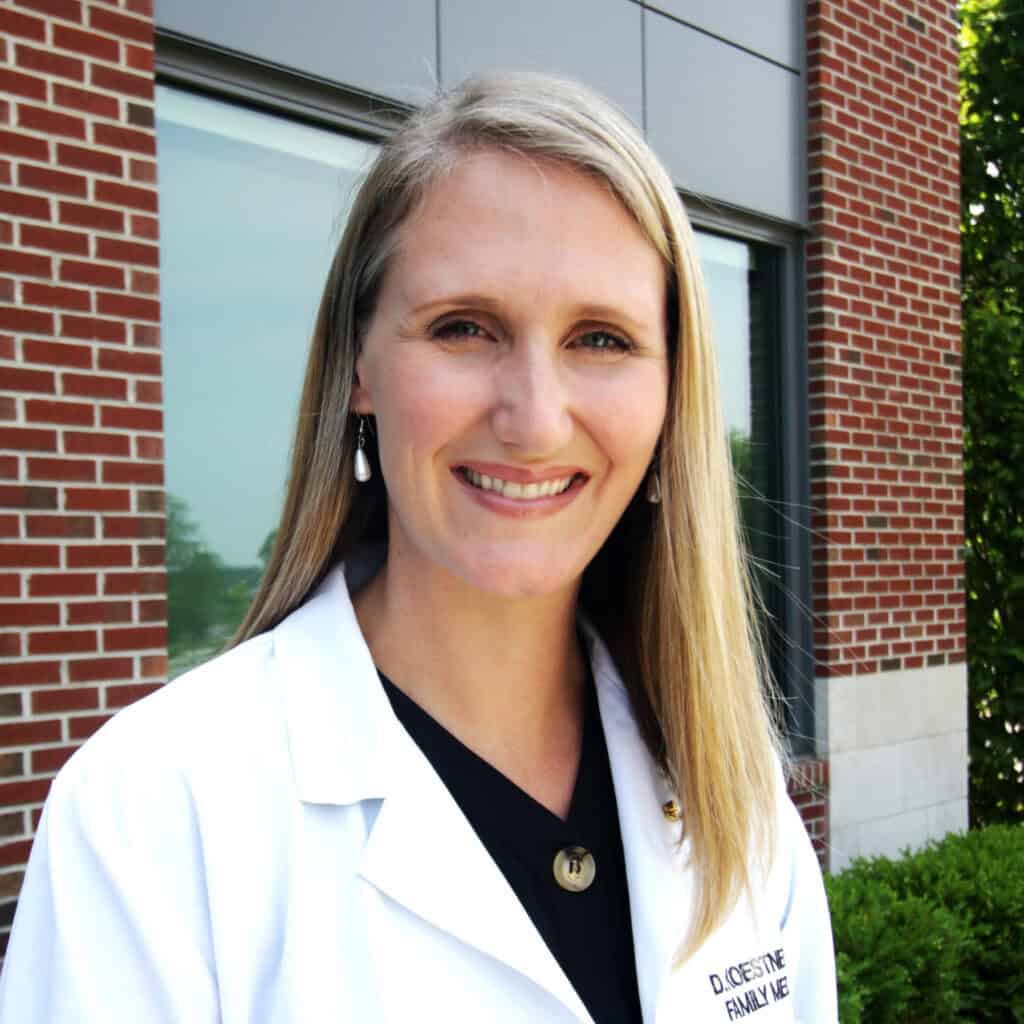Female Athletes and Periods: What Every Girl Should Know
Recently, I had the opportunity to teach FEMM to young female football players at a CONMEBOL event. It was a very exciting and enriching two days.
None of the athletes knew much about fertility awareness, but they were all very receptive to the content I presented. Many of them had the FEMM app downloaded, but they thought of it as just another period tracker.
I explained that they could use the app to understand, monitor, and manage their reproductive health. I emphasized embracing femininity and connecting with the body through symptoms and biomarkers.
I suggested that although observing their biomarkers might seem tiring, the athletes could use this practice as a mindfulness moment to connect with their bodies and be aware that health is a priority for their job. That really changed the girls’ perspective.
Debunking Stereotypes About Female Athletes and Menstruation
During the event, I met a couple female athletes who were experiencing extreme pain during their periods. These young women mentioned that their doctors downplayed their symptoms and didn’t know how to help them.
I was able to connect these girls with support to find doctors who could get to the root cause of their symptoms. And I offered to provide follow-up for them as a FEMM teacher, to help them chart and reach a diagnosis with the help of a trained medical professional.
All of us who learn about FEMM want more women to know about it—not only because it helps us take control of our health, but also because it feels life-changing. The level of self-awareness and control that it gives is something I wish for all women.
Fertility awareness is something that all girls should have by the time they reach puberty, rather than discovering it when they are trying to conceive.
Girl Athletes Need Help Too!
Do female athletes have periods? Yes. Do they experience disruption to their menstrual cycles? Yes. Do they have symptoms just like every other girl? Yes. We need to take that seriously.
By introducing this knowledge early, we empower young people to better understand their bodies, manage their health, and make informed decisions about their well-being. This early education fosters a more positive and informed attitude towards menstrual health and reproductive cycles, which can lead to healthier habits and better overall outcomes in the future.
The ripple effect of this knowledge also influences family dynamics, workplace environments, and societal norms, creating a more supportive and educated community around menstrual and reproductive health. By continuing to expand FEMM programs, we can ensure that women and girls have the tools to navigate their health with confidence.
Find a FEMM teacher and take control of your own health today.
Tatiana Ramos is a Certified FEMM Teacher in Paraguay

